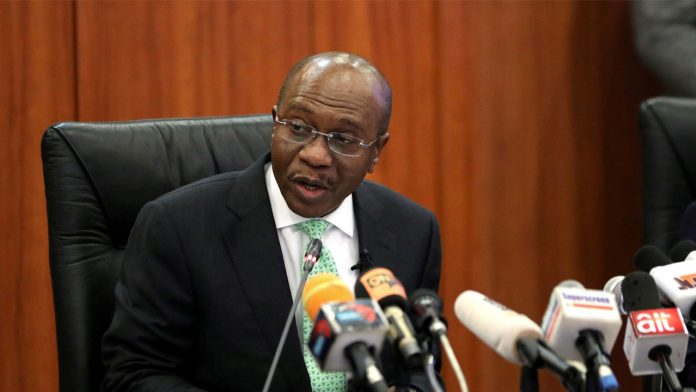The Central Bank of Nigeria (CBN) has revealed that 7,552 Bank Verification Numbers (BVN) have been flagged and put on watchlist as a result of fraudulent transactions.
Speaking at the 34th Finance Correspondents and Business Editors’ seminar in Calabar, Cross River State, where stakeholders converged to discuss the theme: “Implementing a Robust Payment Architecture: Prospects, Opportunities and Challenges,” the Director, of Payment Systems Management, CBN, Musa Jimoh disclosed that the centralisation of the BVN has enabled the CBN to track fraudulent individuals and entities who have engaged in forgery, compromise, complicity, fraudulent duplicate enrolment and any fraudulent infraction with and without monetary value.
Represented by Deputy Director, Payment Systems, Adefuye Adeyemi, he said: “Recent data with the CBN reveals that 7,552 BVN has been put on the watchlist.”
Also, in his presentation, the CBN Governor, Godwin Emefiele said the eNaira was developed to foster digital financial inclusion, with potential for fast-tracking intergovernmental and social transfers.
Emefiele who was represented by the Director of Monetary Policy, CBN, Dr. Hassan Mahmud, noted that the Nigeria payment system landscape has continued to record significant changes and development.
Speaking on the theme of the seminar, Emefiele said: “As a deliberate policy towards ensuring easier, cheaper and faster means of payments, the CBN has continued to collaborate with relevant stakeholders in the adoption of payment system instruments and channels, such as, the BVN, the Real Time Gross Settlement System (RTGS), Regulatory Sandbox, Open Banking and the CBN Digital Currency (CBDC), the eNaira. Nigeria is currently the first country in the Continent and second in the world to have fully launched a live CBDC.
“The payment system regulation and management role of the CBN is very critical in the achievement of its primary mandate of price and monetary stability conducive for inclusive and sustainable economic growth.
“It is also important for ensuring a stable, safe and efficient financial system in Nigeria. Cognisance of the implications of the risks that accompany digital innovations and technological advancement globally, the Central Bank of Nigeria, has continued to ensure a healthy balance between the adoption of latest innovations and development of reliable mitigants to the associated inherent and operational risks to both the payments system and the rest of the economic sectors in Nigeria.”
He also noted that the value and volume on electronic transactions has continued to gain momentum across channels.
According to him, “these efforts have culminated into a significant increase in the total volume of transactions on electronic payment channels. While the use of cash and cheques continued to diminish, web-based transactions such as PoS, NIP, ATMs and mobile money operators (MMOs) have increased substantially.
“For instance, between 2021 and 2017, the volume of transactions via electronic channels such as ATMs, PoS, WEB, MMO, and NIP increased by 99.76, 1,775.72, 35,502.58, 2,413.44 and 836.50 percent, respectively.”
Emefiele, however, noted that cyber threats and activities of fraudsters have continued to threaten the resilience of the payment platforms, adding that confidence of the public was impacted by these activities.













